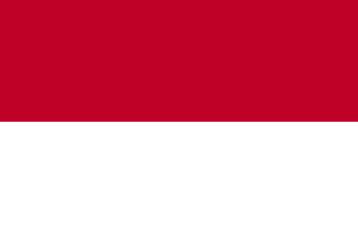The media's fixation with the protracted death of former President Suharto, who ruled Indonesia for 32 years, from 1967 until he was forced to resign in May 1998, has obscured the fact that Indonesia has progressed well beyond the Suharto era. In some areas, such as the government's support for political democracy and regional autonomy, this movement has been largely positive. In other dimensions, such as the rise of religious extremism after the collapse of Suharto's secular regime, the results have proven more problematic. Indonesia dominates Southeast Asia geographically, demographically and potentially economically. In addition, the country has emerged as a decisive theater for the contest between Islamic moderates and extremists in the region. While it is unclear whether the struggle against militant Islam in Southeast Asia can be won in Indonesia alone, it might be accurate to say it can be lost there. Although approximately 90 percent of Indonesia's inhabitants are Muslim, the fact that its 240 million people are spread across an archipelago of 6,000 inhabited islands promotes considerable ethnic and linguistic diversity. When Islam was first brought to Indonesia in the 12th century, it encountered diverse beliefs and traditions, many of them Hindu, Buddhist, or animist in origin. Despite the increased influence during recent decades in Southeast Asia of the historically more puritanical strain of Islam found in some Middle Eastern countries, Muslims in Indonesia still often include pre-Islamic traditions in their religious practices, which tempers support for radical Muslim movements. Even so, with such a large population, even the very low percentage of Islamist radicals among Indonesians yields a large number of potential extremists in the aggregate.
Suharto Drama Overshadows Reality of a Changed Indonesia

